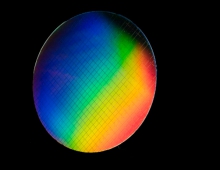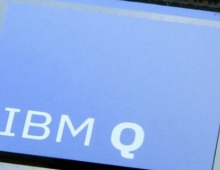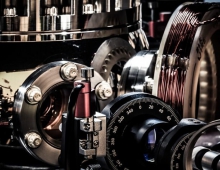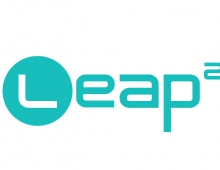
D-Wave Makes New Lower-Noise Quantum Processor Available to the Cloud
D-Wave Systems Inc. has made available a lower-noise D-Wave 2000Q processor in the Leap quantum cloud service.
The lower-noise processor demonstrates improved performance, precision, and impact on quantum effects by reducing environmental noise in quantum annealing systems.
The lower-noise 2000Q processor is available only to cloud D-Wave's customers and is an illustration of technologies that will be used in the company's next-generation platform. D-Wave says that the new platform will encompass a new topology, lower noise, increased qubit count, and expansion of hybrid software and tools that will come to market between now and mid-2020.
By putting the lower-noise 2000Q processor into Leap, users will now benefit from access to both processors, offering two versions of the same quantum computer architecture with different levels of noise within a common quantum cloud environment. For the first time, users can probe and quantify the impact of reduced noise on performance, expanding the early benefits of lower noise to developers, researchers, and forward-thinking businesses around the globe.
“Our approach is very practical: keep putting the latest innovations in the hands of our users so that they can learn and experiment as they work to build quantum applications,” said Alan Baratz, executive vice-president and chief product officer, D-Wave. “The lower-noise technology demonstrates where we’re headed and why our customers are excited—from new speed-up results on specific applications to the opportunity for users to try it out themselves, lower noise is an important ongoing area of focus for D-Wave as we build our next-generation platform.”
To date, D-Wave customers have developed more than 150 early applications in areas as diverse as airline scheduling, election modeling, quantum chemistry simulation, automotive design, preventative healthcare, logistics, and more.
Leap is D-Wave’s quantum cloud service and Quantum Application Environment (QAE), providing real-time access to a live quantum computer. In addition to access, Leap provides open-source development tools, interactive demos and coding examples, educational resources, and knowledge base articles to build and run applications in the cloud.
Leap offers both free (one minute a month when developers open-source their code) and paid plans designed for individual developers, commercial enterprises, government, research, and education sectors.





















